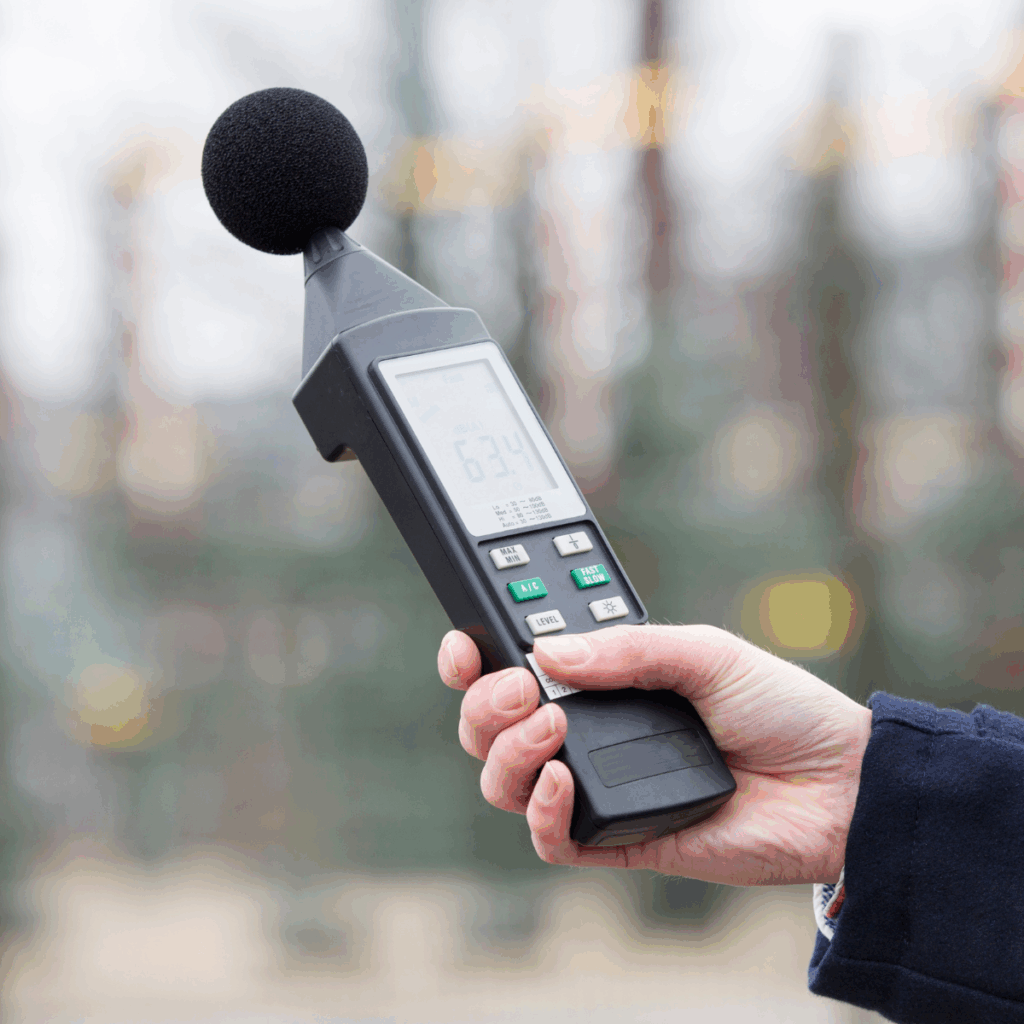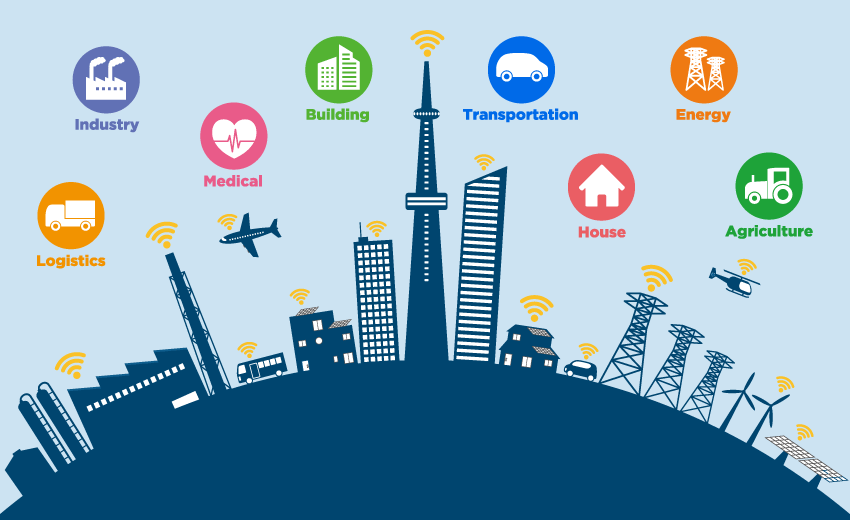Introduction: Why Noise Control Matters in Urban Planning
Urban areas are bustling hubs of activity, but with that vitality comes one undeniable challenge: noise pollution. As cities expand and become more connected, the sound of traffic, construction, and daily life grows louder. This not only affects the quality of life but can also have adverse health effects, such as increased stress and sleep disturbance. Enter AI noise control. Powered by artificial intelligence, these systems allow cities to monitor, manage, and mitigate noise pollution in real-time. With the help of smart technologies, cities can now create tailored solutions that promote healthier environments for their residents.
What Is AI Noise Control?
Understanding the Technology
AI noise control integrates advanced sensors, data analytics, and machine learning algorithms to monitor urban noise levels. These systems can identify the source of the noise—whether it’s traffic, machinery, or public events—and adjust city responses accordingly.
For example, AI-powered sound detectors use real-time data to assess noise patterns and identify problematic zones. From there, AI systems can control traffic flow, alert authorities, or even adjust urban designs to minimize noise.
Components of AI-Driven Noise Management
- Smart Sensors: These detect sound frequencies across the city.
- Machine Learning: Helps systems adapt and improve based on collected data.
- Integrated Systems: AI connects noise data to urban infrastructure, allowing for automated responses.
How This Technology Benefits Cities
Improved Quality of Life for Residents
Excessive noise has been shown to affect people’s well-being, leading to stress, sleep disruption, and hearing loss. By using AI noise control systems, cities can reduce noise in high-density areas, providing a more peaceful environment for residents.
For example, AI can adjust traffic patterns to avoid peak noise hours in residential areas, or it can control construction schedules to minimize disruption during sensitive times.
Smart Soundscapes and Urban Design
Urban areas are reimagining what cities should sound like. In the future, cities could use smart soundscapes—areas specifically designed with noise reduction in mind. AI would dynamically adjust sounds like background noise or music to create peaceful urban spaces. Think of quiet public parks or noise-reduced residential areas—places where tranquility is engineered into the design itself.
Cost-Effective Noise Management
Traditional methods of noise control, like erecting physical barriers or redesigning infrastructure, are expensive and time-consuming. On the other hand, AI noise control offers an efficient, scalable solution that can be deployed quickly and flexibly. With smart sensors continuously gathering data, AI systems can quickly identify where intervention is needed, providing real-time solutions without major physical changes.
AI Noise Control in Action: Case Studies
New York City’s Noise Abatement Efforts
New York City has been experimenting with AI noise control systems in some of its busiest areas. Smart microphones placed across the city collect noise data and send it to an AI-powered platform. The system then analyzes the data, identifying areas with the most significant noise disturbances. This system has been used to improve noise abatement strategies, like adjusting traffic signal timings and implementing noise ordinances during high-volume hours.
Tokyo’s Noise and Environmental Control Systems
Tokyo has integrated AI systems with its environmental control policies. The city uses AI to manage noise pollution along its busiest streets. By adjusting the timing of traffic signals based on real-time noise data, the city has decreased road traffic noise by over 20% during peak hours.
The Challenges of Implementing AI Noise Control
Data Privacy Concerns
Although AI noise control systems offer substantial benefits, they do raise concerns regarding data privacy. As these systems often use microphones and sensors to collect audio data, the potential for privacy infringement is a valid concern. Cities must ensure that data is anonymized and used only for its intended purpose, protecting citizens from unnecessary surveillance.
Integration with Existing Urban Infrastructure
Integrating AI noise control into existing city infrastructure can be challenging. It requires significant investment in sensors, software, and skilled personnel. Additionally, municipalities must ensure that AI systems work seamlessly with other smart city technologies, like traffic management and environmental monitoring.
Looking Ahead: The Future of AI in Noise Management
AI noise control is set to revolutionize how cities deal with sound. As AI continues to evolve, systems will become more autonomous and integrated, allowing for smarter urban management. In the future, cities could even design smart soundscapes, where AI not only reduces noise but creates pleasant auditory environments that promote mental health and well-being.
The combination of AI noise control and sustainable urban planning holds enormous potential for creating cities that are not only smarter but also healthier.
Final Thoughts
As urbanization accelerates, the need for smart solutions like AI noise control will become increasingly critical. By leveraging IoT and AI technologies, cities can build environments that are quieter, healthier, and more enjoyable for their residents.At MTi Arabia, we believe in the power of innovation to create smarter, more sustainable cities. Let’s explore how we can work together to harness the full potential of AI and transform your urban environment. Contact our team to explore how we can help you build safer smart city environments.



